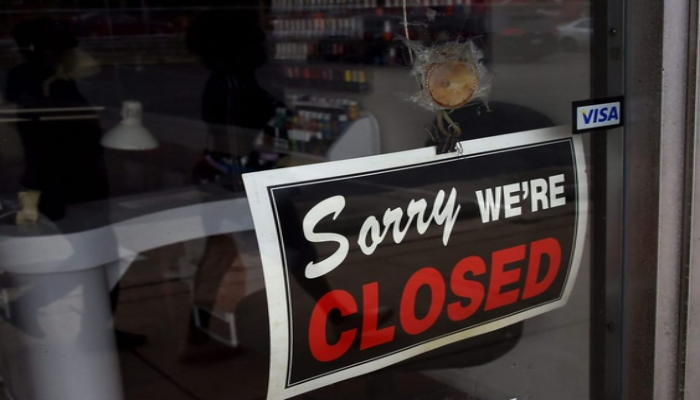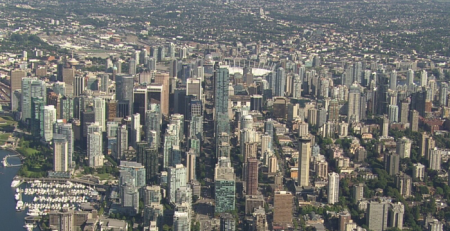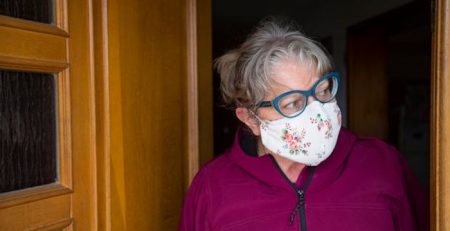Bankruptcies expected to increase in fall months
[Toronto Sun – September 13, 2020]
A lot of Canadians are in financial trouble because of COVID-19 closures. Maybe you’ve lost your job or your business as a result of the pandemic. You’re not alone.
COVID has wiped out businesses big and small, pushing companies into insolvency.
Although personal bankruptcies have not yet increased — partly thanks to the Canadian Emergency Response Benefit (CERB) and other government financial help — a significant spike in financial turmoil is expected when those supports disappear.
Nobody could anticipate how long COVID would shut down the economy, so people have been playing a waiting game, surviving on credit or dipping into savings.
But all those deferred and delayed payments will eventually have to be dealt with.
According to financial analysts, many Canadians already had too much household debt, and COVID made everything worse.
“As a community, we don’t really have financial literacy,” said Shawn Stack, vice-president of insolvency practice at Bromwich and Smith.
Stack is a federally licensed trustee; he anticipates that in a few months, many people will need help with financial restructuring.
Stack is concerned with the stigma around insolvency. To be bankrupt or to undertake a consumer proposal is daunting to most people. (Having been through it some years ago, here’s the bottom line: a very welcome light at the end of that awful tunnel.)
“A lot of moral and social baggage comes with it. It’s somehow considered a moral bankruptcy as well, when in fact it’s just a legal process.”
Crushing debt is like being held in shackles, Stack said. “And there comes a point where people want to get out from under.”
He points to the timeline on a credit card bill that tells a consumer how long it will take to pay off card debt if only the minimum payment is made.
“So it says, like, ‘150 years’! And people think, ‘I guess I’ll be forever burdened.’”
Bankruptcy is not an “easy out” for the unscrupulous, said Stack. “I’ve never come across that mythical rapscallion,” he joked.
It’s also not a cure-all. You are still responsible for paying such debts as traffic tickets, student loans and alimony, for example.
“But once a person is in so much debt they cannot see a way to pay it back, it’s time to restructure and look at all the options,” said Stack.
A licensed trustee can help you organize what’s called a consumer proposal, which is less drastic than bankruptcy and usually permits faster credit repair. Anyone whose personal debt is not greater than $250,000 (your mortgage doesn’t count in that total) can do a proposal, but as Stack cautioned: “Only a federally licensed insolvency trustee can help you through a bankruptcy or consumer proposal.”
And he wants people to know they can contact an insolvency trustee on their own — you don’t need a middleman to do that for you.
What if you just need financial advice?
If you’re not sure whether or not you need a trustee, said Stack, “Call and ask. We have staff to answer questions and point you in the right direction.”
He is leery of certain “credit counsellors” who try to take advantage of people when they are frightened and vulnerable.
In fact, there are all kinds of unscrupulous people out there.
A retired licensed trustee, Rea Godbold, is blunt about it:
“There are too many ‘credit counsellors’ out there fleecing unsuspecting debtors with false promises about how they are able to handle your debt situation,” he said.
Godbold explained that only a licensed trustee can settle a debt with CRA through a proposal or bankruptcy — neither credit counsellors nor specialty law firms can do that.
And be wary of credit counsellors who have any sort of “referral fee” with a trustee — that’s all against the law.











